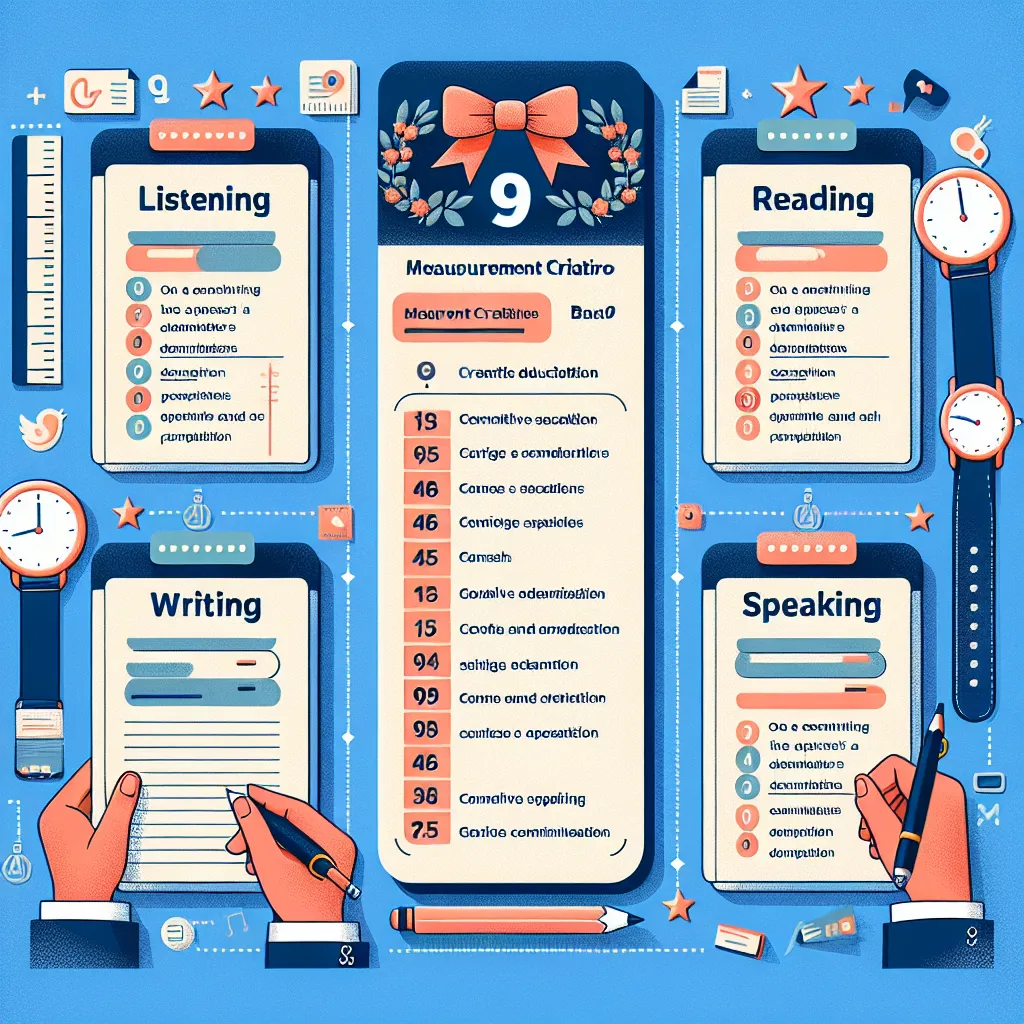Are you preparing for the IELTS exam and looking to boost your speaking score? You’re in the right place! As an experienced IELTS instructor and content creator, I’ll share valuable insights and practical tips to help you improve your IELTS Speaking performance. Whether you’re aiming for a band 7 or striving for that elusive 9, this comprehensive guide will equip you with the knowledge and strategies you need to succeed.
Understanding the IELTS Speaking Test
Before diving into improvement strategies, it’s crucial to understand the structure and requirements of the IELTS Speaking test. The test consists of three parts:
- Part 1: Introduction and Interview (4-5 minutes)
- Part 2: Individual Long Turn (3-4 minutes)
- Part 3: Two-way Discussion (4-5 minutes)
Examiners assess your performance based on four criteria:
- Fluency and Coherence
- Lexical Resource
- Grammatical Range and Accuracy
- Pronunciation
Now, let’s explore how you can enhance your skills in each of these areas to increase your IELTS Speaking band score.
Boost Your Fluency and Coherence
Fluency and coherence are vital components of the IELTS Speaking test. Here are some effective strategies to improve in this area:
Practice Speaking Regularly
Set aside time each day to practice speaking English. This could involve:
- Talking to yourself in the mirror
- Recording yourself speaking on various topics
- Participating in English conversation groups or language exchange programs
Use Connectors and Discourse Markers
Incorporate linking words and phrases to make your speech more cohesive. Examples include:
- “Moreover,” “Furthermore,” “In addition”
- “On the other hand,” “However,” “Nevertheless”
- “For instance,” “To illustrate,” “For example”
Develop Your Ideas
When answering questions, aim to provide detailed responses. Use the STAR method (Situation, Task, Action, Result) to structure your answers, especially in Part 2 and Part 3 of the test.
 IELTS Speaking Practice Session
IELTS Speaking Practice Session
Expand Your Lexical Resource
A rich vocabulary is crucial for achieving a high band score. Here’s how you can enhance your lexical resource:
Learn Topic-Specific Vocabulary
Focus on acquiring vocabulary related to common IELTS topics such as:
- Education
- Environment
- Technology
- Health
- Work and careers
Use Idiomatic Expressions
Incorporate idiomatic expressions naturally into your speech. For example:
- “It’s a piece of cake” (meaning: it’s very easy)
- “To kill two birds with one stone” (meaning: to solve two problems with one action)
- “To be on cloud nine” (meaning: to be extremely happy)
Paraphrase Effectively
Practice rephrasing ideas using different words. This skill is particularly useful when you can’t remember a specific term or want to avoid repetition.
Improve Your Grammatical Range and Accuracy
Demonstrating a wide range of grammatical structures accurately is essential for a high band score. Here’s how to improve:
Master Complex Sentence Structures
Practice using a variety of sentence structures, including:
- Conditional sentences (e.g., “If I had more time, I would travel more.”)
- Relative clauses (e.g., “The city where I grew up is known for its beautiful beaches.”)
- Passive voice (e.g., “The new policy has been implemented by the government.”)
Use a Mix of Tenses
Showcase your ability to use different tenses appropriately. For example:
- Present perfect: “I have been studying English for five years.”
- Past perfect: “By the time I graduated, I had already secured a job.”
- Future perfect: “By next year, I will have completed my master’s degree.”
Self-Correct When Necessary
If you make a mistake, don’t panic. Calmly correct yourself, which shows the examiner that you’re aware of your errors and can self-monitor.
Enhance Your Pronunciation
Clear pronunciation is crucial for effective communication. Here are some tips to improve:
Focus on Stress and Intonation
Pay attention to word stress and sentence intonation. English is a stress-timed language, so practicing stress patterns can significantly improve your pronunciation.
Practice Difficult Sounds
Identify sounds that are challenging for you (e.g., “th” or “r” sounds) and practice them regularly. Use tongue twisters or specific pronunciation exercises to improve.
Listen and Imitate Native Speakers
Watch English movies, TV shows, or podcasts and try to mimic the pronunciation of native speakers. Pay attention to their rhythm and intonation patterns.
 IELTS Pronunciation Practice
IELTS Pronunciation Practice
Additional Tips for IELTS Speaking Success
Stay Informed About Current Events
Read newspapers, watch news broadcasts, and stay updated on global issues. This will help you discuss a wide range of topics confidently in Part 3 of the test.
Practice Time Management
Use a stopwatch when practicing to ensure you can speak for the required duration in each part of the test, especially for the 2-minute talk in Part 2.
Develop Strategies for Unfamiliar Topics
If you encounter a topic you’re not familiar with, don’t panic. Use techniques like:
- Asking for clarification if needed
- Buying time with phrases like “That’s an interesting question. Let me think about it for a moment.”
- Relating the topic to something you do know about
Record and Analyze Your Practice Sessions
Record yourself answering IELTS Speaking questions and then listen back. Identify areas for improvement and track your progress over time.
Conclusion
Improving your IELTS Speaking band score requires dedication, consistent practice, and the right strategies. By focusing on enhancing your fluency, expanding your vocabulary, improving your grammar, and refining your pronunciation, you’ll be well on your way to achieving your target score.
Remember, the key to success is regular practice and self-reflection. Use the tips and techniques outlined in this guide, and don’t be afraid to seek feedback from teachers or language exchange partners. With persistence and the right approach, you can significantly boost your IELTS Speaking performance.
Do you have any specific questions about IELTS Speaking preparation? Share them in the comments below, and let’s continue the conversation!
[internal_links]
- IELTS Writing Task 2: A Step-by-Step Guide to Success
- Top 10 IELTS Listening Strategies for a Higher Band Score
- IELTS Reading: Time Management Tips and Techniques
- Common IELTS Speaking Topics and How to Prepare for Them




